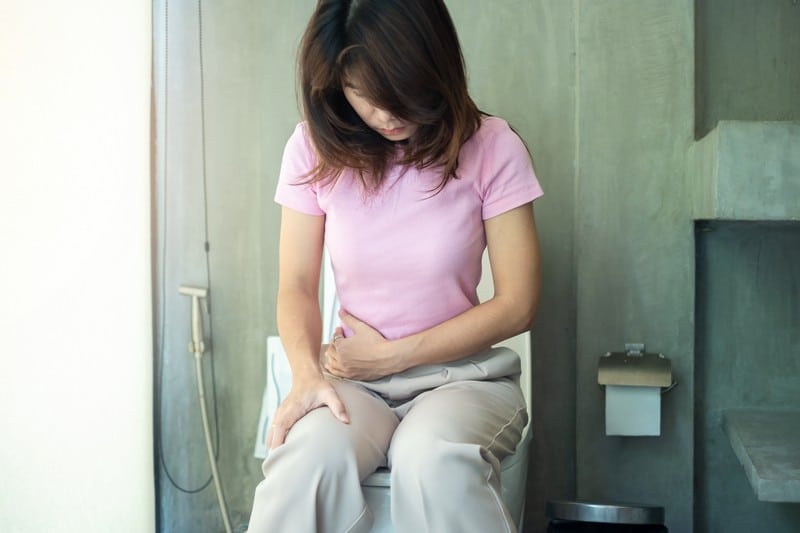Hemorrhoids are a common condition that affects millions of people worldwide. Hemorrhoids are swollen blood vessels in the anal canal or rectum. While they can be uncomfortable, internal organs have no permanent damage. Also, they usually go away on their own within one or two weeks after the cause has been addressed.
The scientific consensus is that hemorrhoids are caused by straining during bowel movements. While the exact cause of hemorrhoids is unknown, it is thought that they are caused by increased pressure on the veins in the anal canal and rectum. One must see a doctor immediately if it’s been over two weeks since the last bowel movement or if pain or bleeding while passing stool, is experienced.
While there are countless causes of hemorrhoids, the most common are straining too hard when a person defecates and sitting for long periods (especially on cold surfaces). Medical research also shows that constipation can cause hemorrhoids by increasing pressure in the rectum.
Let us explore the causes of hemorrhoids, including the most common causes and their symptoms.
Constipation and Straining During Bowel Movements

Constipation and straining during bowel movements are both common causes of hemorrhoids. Constipation can occur when a person has a deficiency of fiber in their diet, which can lead to hard stools that are difficult to pass. Straining during bowel movements may also cause hemorrhoids due to the pressure placed on the veins in the rectum by pushing.
Straining during bowel movements is a common cause of hemorrhoids. If a person has to push to pass stool, there’s a good chance they may develop hemorrhoids. This is because straining causes pressure on the colon and rectum. The veins in these areas are fragile and can rupture easily, especially if a person is overweight or obese.
To avoid straining during bowel movements, try using a suppository instead of laxatives or enemas if possible. A person may also want to consider getting help from family or friends if they find it challenging to go without pain; this is especially important for older people who may have trouble doing so on their own.










